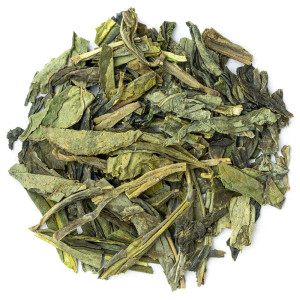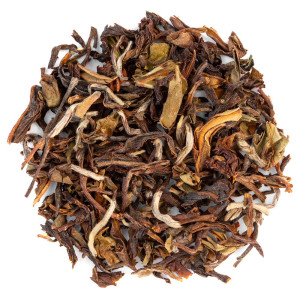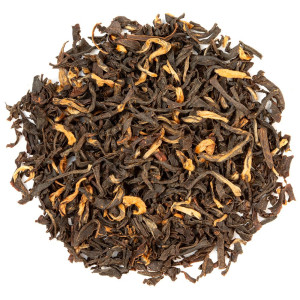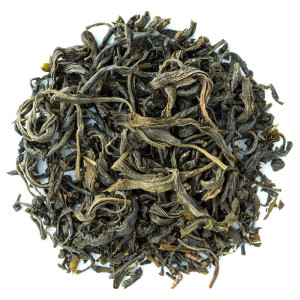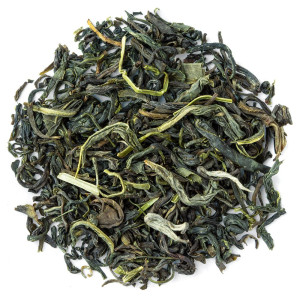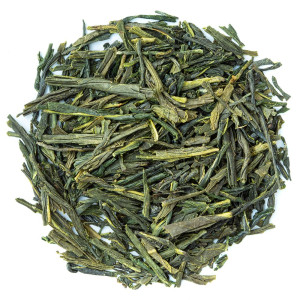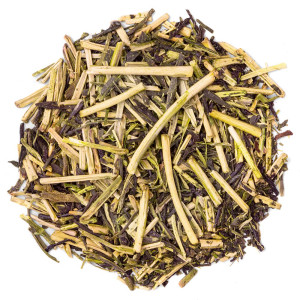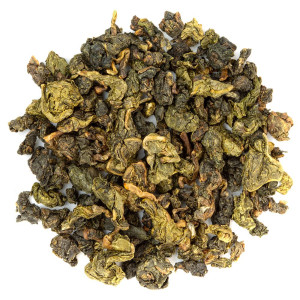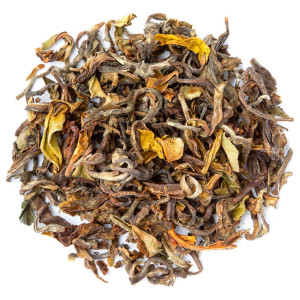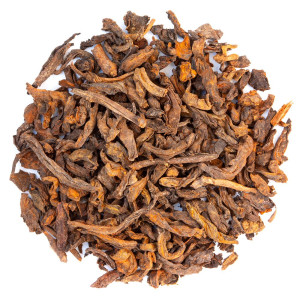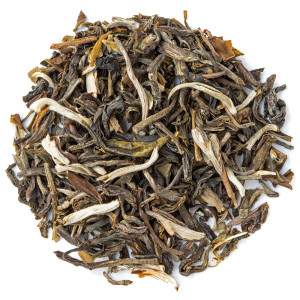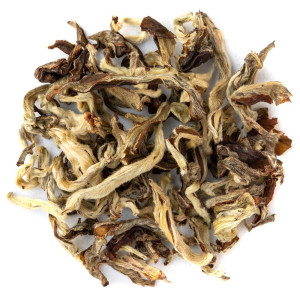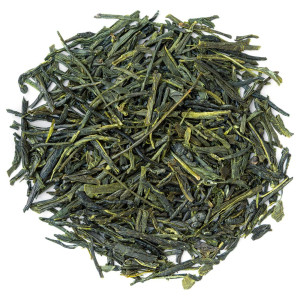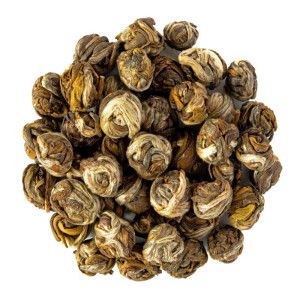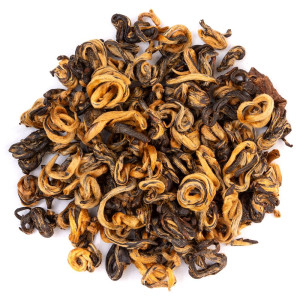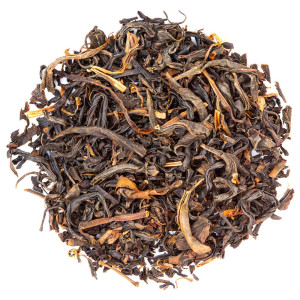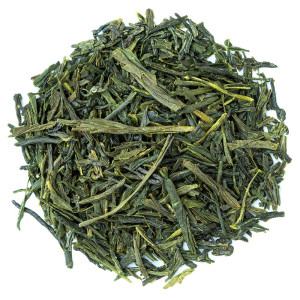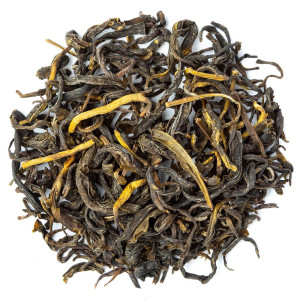Rare green tea with fruity, sweet, and slightly tangy taste
Rare teas and premium teas
We have unearthed for you delicious rarities from the most remote tea plantations that harvest only a few kilograms per year. Their unique character and aroma have been cultivated and refined over centuries. The most refined teas only fully reveal their delicate aroma if the recommended temperature and steeping time are respected during preparation. The most tender leaves are often harvested in very small quantities, and the finest plantations are of confidential size. Our exclusive selection of rare tea is available in ultra-refined organic quality! Taste the finest harvests from Indonesia, Korea, Rwanda, China, India, Nepal and Japan.
Exceptional first flush Darjeeling, floral and sparkling
Rare and precious Assam from the Tonganagaon garden
Rare green tea from the Zhejiang region in China
Japanese tea with a round aroma and pronounced flavor
Rare oolong tea of intermediate oxidation, from Java in Indonesia
Rare Oolong: its unique character comes from the Himalayan peaks
Rare tea that will offer you an unforgettable taste experience!
Rare tea with a soft, floral scent, hand-rolled
The most popular Japanese Sencha rich in vitamin C
Exceptional white tea, each leaf is hand-rolled
Hand-rolled to shape small snail-like balls
Rare Oolong tea cultivated on Jeju Island in Korea
Like Gyokuro, Kabusecha is part of the shade-grown teas
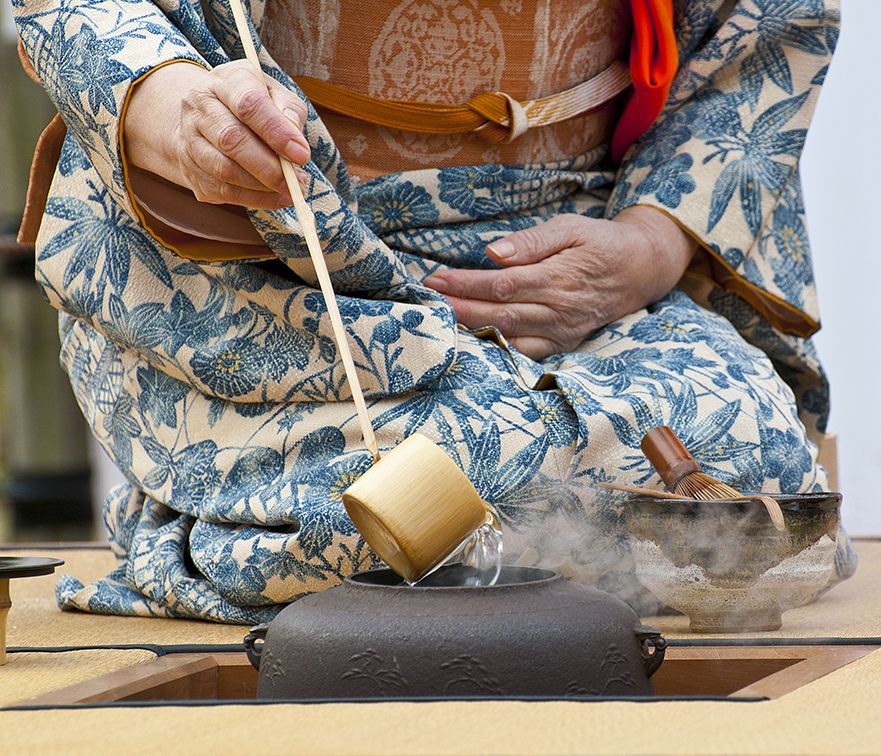
Fine tea and rare tea: what's the difference?
A fine tea is not necessarily a rare tea and vice versa. A rare tea is produced in small quantities and therefore difficult to obtain. A fine tea comes from a specific cultivation or fermentation process that gives the tea unique properties. For example, the Jasmin Dragon Pearl is a fine tea because it is rolled to obtain characteristic small balls. The Darjeeling FTGFOP 1 kings valley first flush organic is also a fine tea, as it comes from the first harvest. The 5-year-old pu-erh is also a fine tea due to its unique maturation. Korean tea, on the other hand, is a rarity due to its place of production: Jeju Island in Korea. It's a very exclusive black tea.
Is a very rare tea necessarily better?
Rare teas therefore have terroir particularities. They come from places where tea cultivation allows for small quantities to be produced. They are therefore most often teas of exceptional quality that express unique flavors. China produces exceptional teas among the best in the world. Among Indian black teas, Darjeeling and Assam from the first harvest share the spotlight. Korea is not to be outdone with green, black and Oolong teas, most often cultivated in unlikely places and offering a completely unique flavor palette. In Japan, quality takes precedence over quantity, and even the popular Sencha comes in fine green tea varieties. Java Island produces one of the best Oolong teas in the world, cultivated with spring water and without pesticides, it is certified organic like all our exceptional teas.
